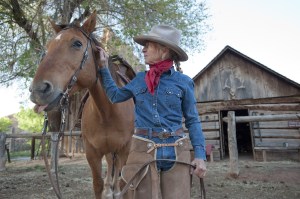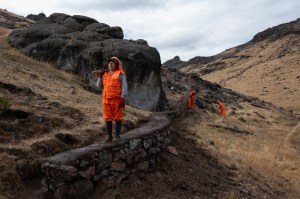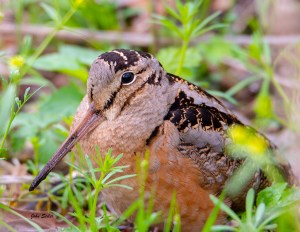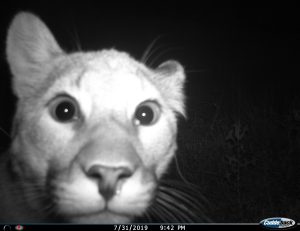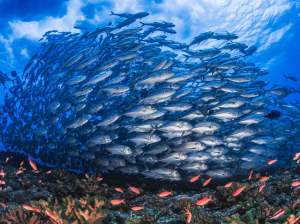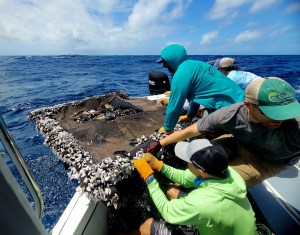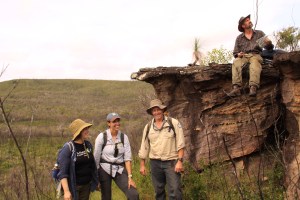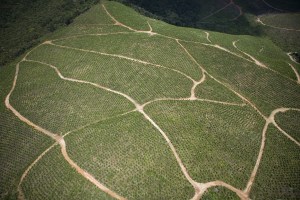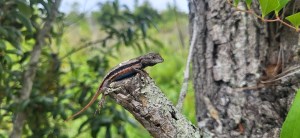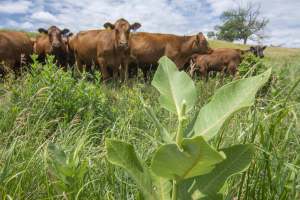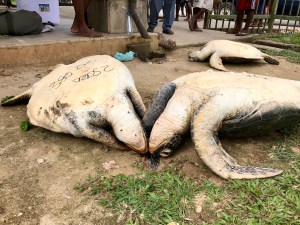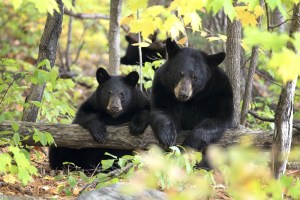Discover stories in Geography
First Christmas & First Loss
This excerpt from A Cowgirl’s Conservation Journey tells the story of Heidi Redd's very rough first Christmas on the ranch.
Photographing Water for One of the World’s Driest Cities
A photographer captions the merging of modern science and ancient wisdom in the Peruvian Andes
Tracking Down the American Woodcock
A Q&A with scientist Colby Slezak on how following the migrating shorebirds revealed a rare nesting pattern.
Are There Mountain Lions in New Jersey?
Sightings of mountain lions abound in the eastern United States. What’s the real story?
Fish Aggregating Devices Could Enhance the Effectiveness of Blue Water Marine Protected Areas
Research from TNC’s Palmyra Atoll suggests fish aggregating devices could increase the time mobile species spend within blue water MPAs.
How to Catch a Wild dFAD
A small boat, four people, 500 pounds (or more) of rope, netting, floats, rafts and sometimes barnacles. Gloves definitely required.
A Day in the Life of a Field Scientist: Cape York Edition
Follow TNC scientists for a day of fieldwork in Australia’s Cape York – searching for palm cockatoos, cuscus and crocodiles, while discovering a diversity of little things.
Mapping Global Land Conversion to Support Conservation Planning
A new map identifying land conversion pressures helps identify where conservation interventions are most urgent.
Do Enticing Mites Help Florida Scrub Lizards Attract a Mate?
Scientists at TNC's Tiger Creek Preserve are using lizard robots — yes, robots — to figure out if parasitic mites helped lizards attract a mate.
A Roadmap for Reducing the Climate Impacts of U.S. Beef
Adoption of selected actions, especially around grazing, could reduce greenhouse gas emissions from the U.S. beef industry by up to 30%.
To Save Pacific Turtles, Focus on Small-Scale Fisheries
Small-scale fisheries cause significantly greater mortality to Solomon Islands turtles than longliners.
Why Are Black Bears Thriving?
Most of the world’s bear species face serious threats, but black bears have adapted to a human-dominated landscape.
